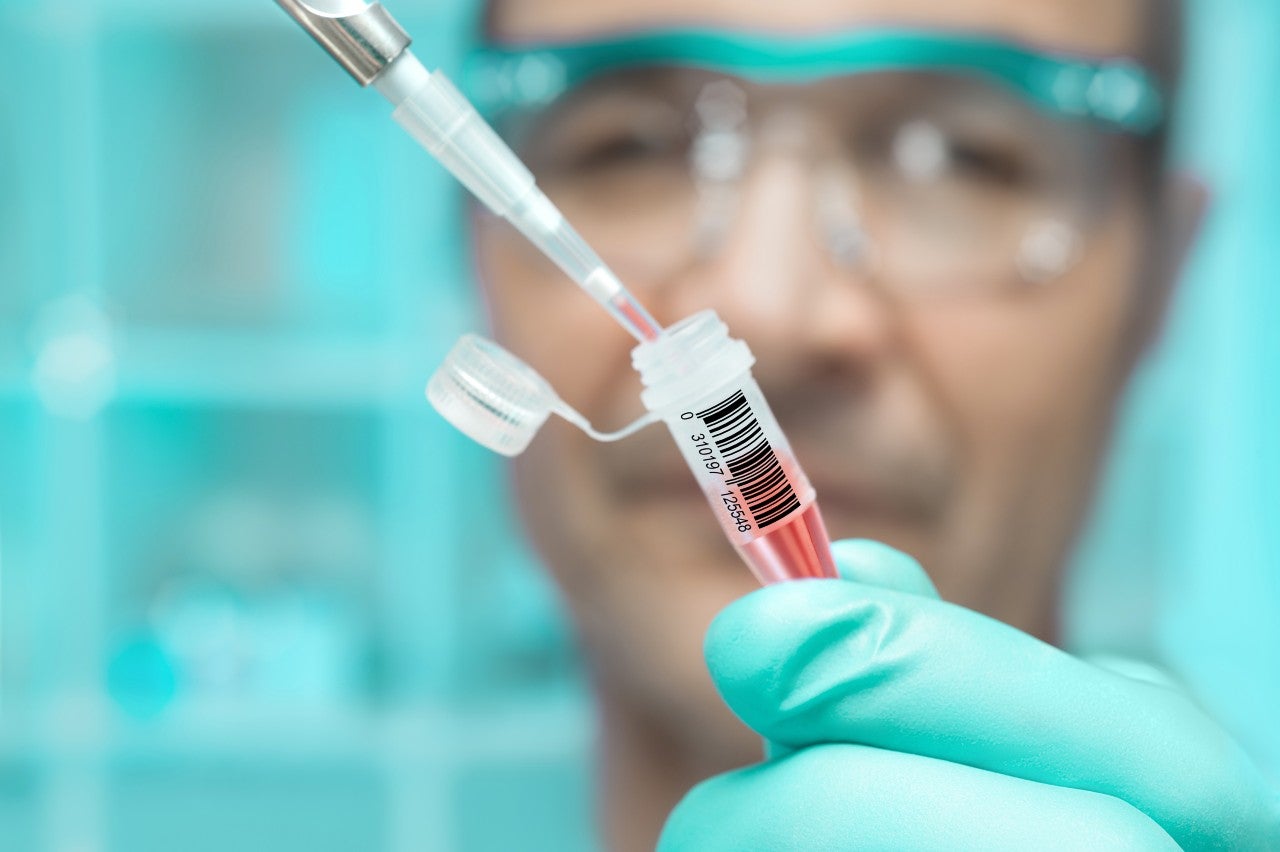Leading COVID-19 vaccine candidates from Pfizer/BioNTech (BNT-16b2) and Moderna (mRNA-1273) currently in Phase III trials reported greater than 90% efficacy, which therefore raises concerns on the potential of others in earlier stages of development—such as Arcturus Therapeutics’ Phase II potential single-shot ARCT-021—in whether they can match that of the frontrunners. According to interim Phase I/II clinical study results, ARCT-021 was reported to have demonstrated both humoral and cellular immunity to the vaccine antigen, at relatively low dose level, but it remains to seen in future clinical trials whether the vaccine candidate can meet the high efficacy bar set by the frontrunners. These three vaccines have the molecule subtype of mRNA vaccine, which has emerged as a promising novel technology. According to GlobalData’s Pharma Intelligence Center Drugs Database, there are currently eight mRNA COVID-19 vaccine candidates in Phase II or Phase III. Pfizer/BioNTech’s COVID-19 vaccine became the first-ever mRNA vaccine in the world to receive regulatory approval, after the UK Medicines & Healthcare products Regulatory Agency (MHRA) authorized it for emergency use on December 2.
RNA vaccine technology has emerged as one of the frontrunners in the race for a COVID-19 vaccine. Unlike conventional vaccines, which are based on weakened viruses or their structural components, mRNA vaccines are based on the genetic material mRNA, which is easy to make in a laboratory. These vaccines are therefore faster to develop using only the genetic sequence of the virus. There are currently nine mRNA-based COVID-19 vaccine candidates in clinical development stages (Figure 1).

ARCT-021 is based on self-replicating STARR mRNA technology reported to be able to produce 30 times more antigen than conventional RNA vaccines, allowing antigen expression lasting two to three weeks, rather than the two to three days achieved with leading mRNA vaccines. Arcturus Therapeutics therefore believes, potentially, a booster shot may not be necessary. However, it remains to be seen what efficacy the one-dose immunisation can achieve with the candidate yet to progress to late-stage clinical testing.
Both Pfizer/BioNTech’s BNT-162b2 and Moderna’s mRNA-1273 require two shots separated by several weeks. Two-dose vaccines can offer longer-lasting protection against the infection. However, in a pandemic situation where mass immunization programs are necessary, two-shot vaccines come with challenges, including the logistics to ensure everyone receives full immunization and additional costs around manufacturing, supply, and running two vaccination visits. Both Pfizer/BioNTech’s and Moderna’s vaccine candidates also have stringent storage and distribution requirements. Pfizer/BioNTech’s vaccine needs to be both shipped and stored at -80˚C, while Moderna’s needs to be shipped and stored at -20°C, as mRNA drugs are inherently less stable than DNA-based drugs. Undoubtedly, single-dose vaccines, with less-stringent storage requirements, that can also be manufactured cost-effectively, will be easier to distribute in low- and middle-income countries that cannot afford expensive vaccines, and lack cold-chain services.
Pfizer/BioNTech as well as Moderna are expecting regulatory decisions from the FDA and EMA for emergency use of their COVID-19 vaccines in the coming weeks, which will open the way for mass immunization against the deadly virus, which has claimed over 1.4 million lives worldwide.

US Tariffs are shifting - will you react or anticipate?
Don’t let policy changes catch you off guard. Stay proactive with real-time data and expert analysis.
By GlobalDataCorrection: a previous version of this article mistakenly stated Arcturus Therapeutics’ COVID-19 vaccine candidate ARCT-021 failed in a Phase I/II study to achieve antibody responses as strong as the leading mRNA vaccine candidates. The Phase I/II study of ARCT-021 is still ongoing with only interim results reported by the company and the candidate is yet to complete late-stage clinical trials.
This article was corrected on December 10, 2020.





